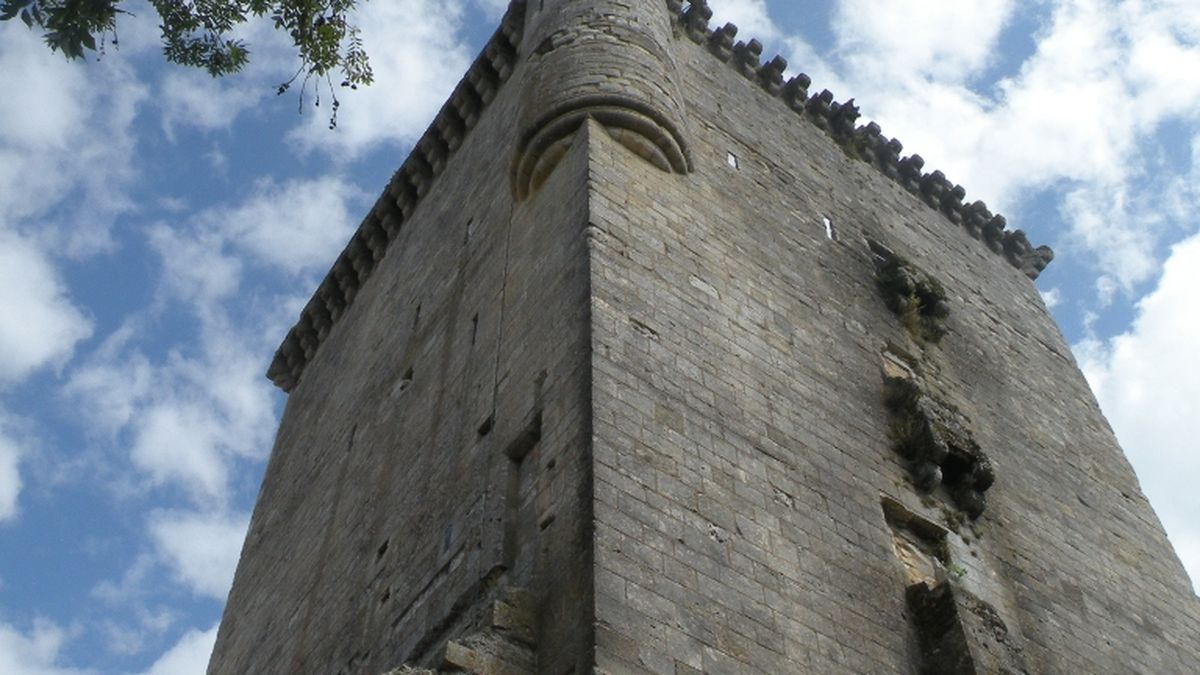 The tower | ©Chatsam / CC-BY-SA
The tower | ©Chatsam / CC-BY-SALet me introduce the tour de l’Honneur, also know as l’honneur de Lesparre (″Lesparre’s pride″) in the Middle Ages.
Aaah, the castle was so gorgeous, in the past: imagine 7 big towers!
Well, today, only one is still standing, raised in the 14th century, with 30 m high (5 storeys).
Proud and strong fortress, proud lords of Lesparre, too!
The legend of Cénebrun
Lords of Lesparre were pretty mighty, their land was the oldest one in the ancient province of Guyenne, says the chronic.
The first lord of Lesparre, says the legend, was the son of Roman emperor Vespasian: Cenebrun.
The Romans appointed him king of Bordeaux.
Vespasian also gave him a big sum of money and emperor Titus’ wife, Galienne.
Cenebrun was a giant with an amazing strength: he had 40 kids with several ladies! Kids to whom he gave lands, gold and titles like count of duke.
Duel!
But later, Florimond de Lesparre turned up: he even defied the king of Cyprus in a duel, Pierre de Lusignan!
At that time, Pierre called all the Christian lords for the Crusade. Florimond heard the call and decided to go in 1365, with 20 men.
He became Pierre’s loyal friend, fought bravely against the enemy and won battles. Until this day… where he quarreled with the king.
The arrogant lord of Lesparre sent him the perfect letter of provocation! Pierre, as fiery as Florimond, accepted the duel.
The fight would be gory… Well, fortunately, the duel was canceled, thanks to pope Urban V.
Florimond compensated the king: hey, Pierre, let your pride aside and take the money...
France-England
Back in his fief near Bordeaux, Florimond attended about his business: to wage war and team up with the English!
Since we’re talking about English: after Eleanor of Aquitaine’s wedding with Henri II of England, Lesparre was annexed by the British, from 1152 to 1453…
In the meantime, Lesparre fell to Florimond’s nephew, Amanieu de Madaillan. Then, the land fell to the English (one more time), dukes of Gloucester and Huntington.
Then the marshal de Matignon drained the water off the marshes around the castle, in 1633.
He even planted vineyards: we still produce wines, today, in Lesparre!
